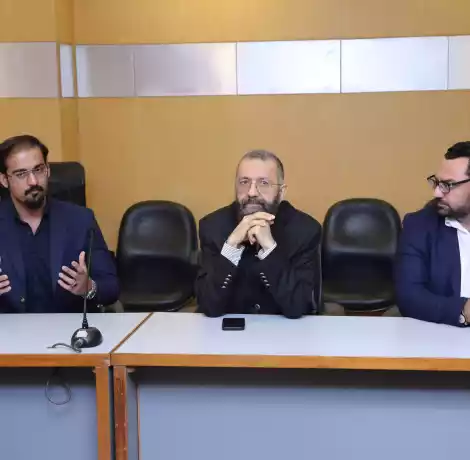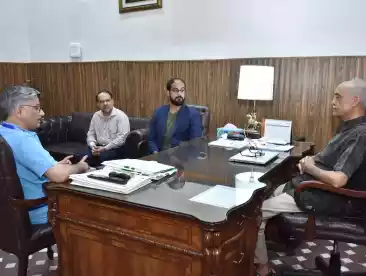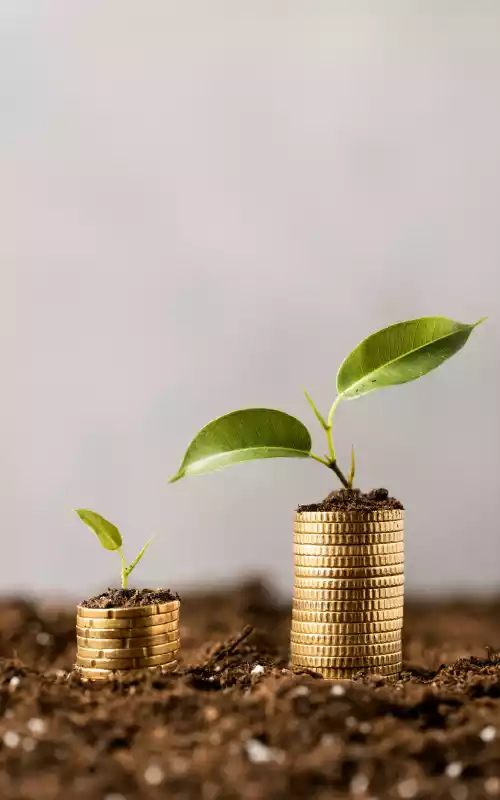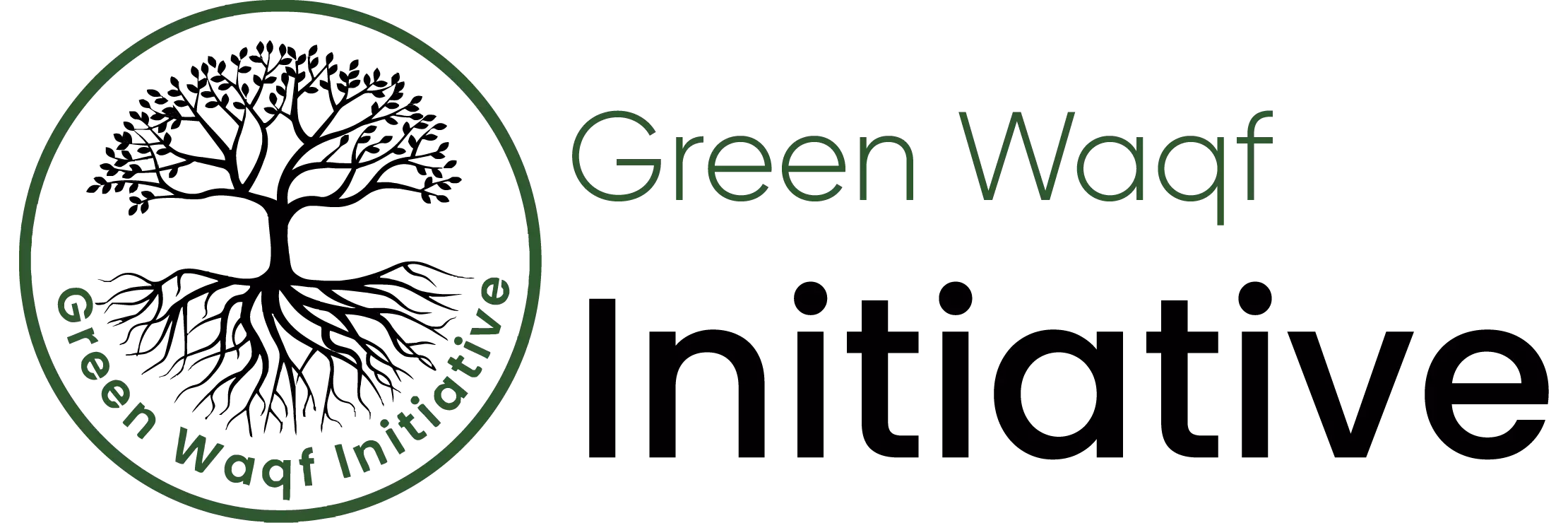About Us
 About
About Green Waqf Initiative
 About
About 
Green Waqf Initiative




 About
About 
The Islamic Chamber of Commerce , Industry and Agriculture
 About
About The Islamic Chamber of Commerce , Industry and Agriculture
 Green Waqf Initiative
Green Waqf Initiative
Why Social Financing
The covid-19 pandemic and the subsequent global economic downturn widened the development financing gap from $2.5 trillion to $4.2 trillion. To bridge this gap unlocking social financing can be utilized to achieve true sustainability. To bridge the financing gap, redirecting Islamic social financing through crowdfunding as the financing mechanism for the Green Waqf forests development can be a catalyst for economic development, it is estimated that over $1 Trillion is distributed annually through Islamic social financing, the Islamic Chamber of Commerce, Industry and Agriculture believes redirecting social financing for sustainable projects can be the new cutting edge in development financing and reducing the reliance on donor agencies and global north financing for the OIC member states. Additionally, the Green Waqf forests are community-driven initiatives, every tree planted and every fruit produced will be either bought or sold in the local community by linking them with the markets. This will have an employment multiplier effect and ensure the sustainability of the Waqf forest. The projects under the Green Waqf Initiative can leverage the potential of crowdfunding for sustainable reforestation, agroforestry and building climate resilience. Additionally, the crowdfunding model can access funding from around the world and generate funds to ensure the sustainability of the projects under the Green Waqf Initiative. The use of crowdfunding as a tool for reforestation, agro-forestry and agricultural activities is gaining ground around the world and has received much interest from researchers. And for that very reason, we believe launching this campaign on Launch for Good would get attention from like-minded socially aware contributors who believe in the importance and sustainable use of Islamic Social Finance.

